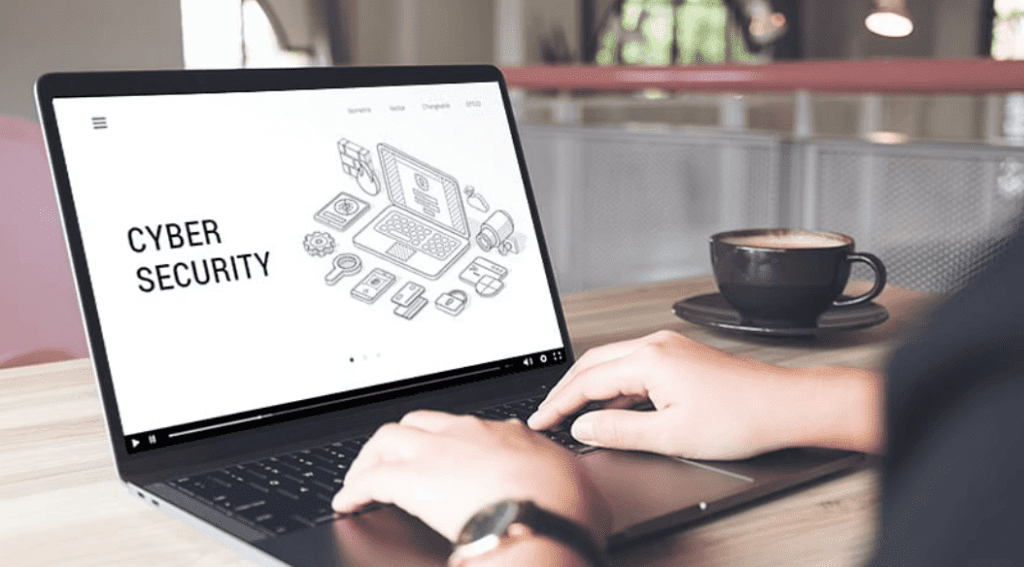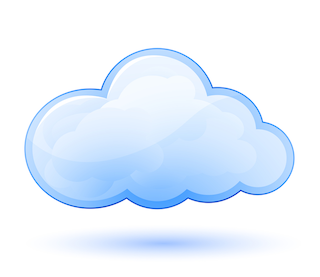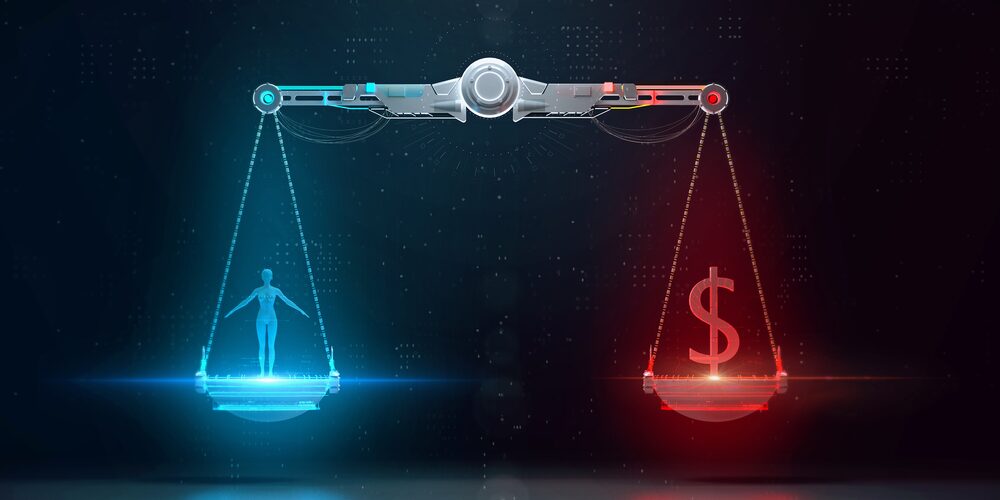That Can Improve Your Security
Modern business practices increasingly rely on computer systems, mobile devices, and digital online platforms. While these tools present vast opportunities for increased productivity, they also present significant security risks if not properly managed. Here we outline 8 essential cybersecurity services that can help maximize your company’s productivity while protecting its security.
1) Network Security
Ensuring your network’s security involves using both hardware and software systems to protect your network, data, and company infrastructure from unauthorized access, misuse, or service disruptions. Regardless of how large or small, every business needs some form of network security as damage to a network can bring an entire company to a grinding halt.
Network security consists of three areas of control: physical, technical, and administrative. Physical security prevents unauthorized personnel from accessing things like routers and cables, while technical security protects data stored on or moves in and out of the network. Administrative security consists of policies and processes that govern user behavior, how team members are authenticated, and different levels of system access.
2) Data Security
Data security refers to the use of effective storage methods that protect data from unauthorized access and corruption. This applies to both stored or “at rest” data as well as data in transit that is moving from one device or system to another.
A good cybersecurity services program incorporates tools such as data encryption, which translates data into a code that can only be accessed by authorized personnel who are given the decryption key. Other measures include hashing, which verifies that data has not been tampered with, and tokenization, which creates stand-in data “tokens” that can be safely stored without risking the sensitive information contained in the original data.
3) Cloud Security
This relates to the design and measures to protect digital assets and company data stored online via cloud computing platforms. These platforms are more and more common in modern business operations, but they do present additional security challenges. Common threats to cloud data include leakage, theft by malicious third parties, and accidental deletion.
To protect against these and other threats, cloud security measures include the use of firewalls, penetration testing, two-factor authorization, and installing virtual private networks across various IT systems. Some companies also limit or restrict the use of public internet connections.
4) Application Security
Application security protects services and software applications from threats such as unauthorized access or modification. Applications are vulnerable to breach as they are often available across various networks and connected to the cloud. This means your company needs protection not just at the network level but also within the applications themselves, as hackers are directly attacking applications far more frequently today than they have in the past.
Some examples of application security measures include user authentication and authorization, encryption, and the use of logging, which provides time-stamped records of when applications were accessed and by whom. This helps protect your company by quickly determining the source and severity of any security breach so you can immediately take measures to limit the damage.
5) Mobile Security
Today, most companies use mobile devices such as smartphones, laptops, and tablets. Company associates often store personal and company information on these devices. They regularly pull them out to do work at home, restaurants or pick up their morning coffee. This means mobile security should be an essential part of your cybersecurity services strategy.
Mobility has generally helped productivity, but it also presents unique security challenges. Mobile security measures must account for all locations where devices might be used to access the company network and protect against various threats such as unsecured wi-fi networks, malicious mobile apps, spyware, and phishing scams.
6) Identity and Access Management
This critical security measure integrates with multiple other protection practices by managing digital identities and user access to your company’s data, systems, and applications. Identity and access management incorporates technological tools and general policy to reduce identity-related access risks.
A good access security program will not only offer effective protection but can improve efficiency across your company operations. It does this by ensuring that users have the right access privileges to do their jobs as they move into different roles or departments, reducing the need for time-consuming access reviews while helping prevent any accidental slip-ups that might enable insider threats to company security.
7) Disaster Recovery
Disaster recovery refers to a company’s methods for restoring access and functionality to its IT systems after events such as cyber-attacks or natural disasters. These practices can help keep critical systems online as well as restore any lost operations in the wake of such an event.
This typically employs the replication of data and computer processing in a secondary location that is not affected by the disaster. The company data is backed up at this secondary site. Ideally, the company can temporarily transfer its computer processing to that remote location until the primary systems can be restored.
8) User Education
Many cyberattacks are attributed to simple mistakes such as weak user passwords. Many of these security tools are only as good as the people using them, so effective and ongoing education is critical to maintaining a solid cybersecurity program.
This means formal training for all company associates to help understand the importance of cybersecurity, from the specific threats and risks involved to knowing how to use security tools to best practices such as creating and protecting strong user passwords. It’s also important for company associates to identify and report any suspicious activity.
These are some of the key services that a robust cybersecurity program will provide. Today, most companies require these programs to effectively service clients and keep their companies operating safely. Contact Edafio Technology Partners to learn more about options for protecting your company’s valuable data and systems operations.








